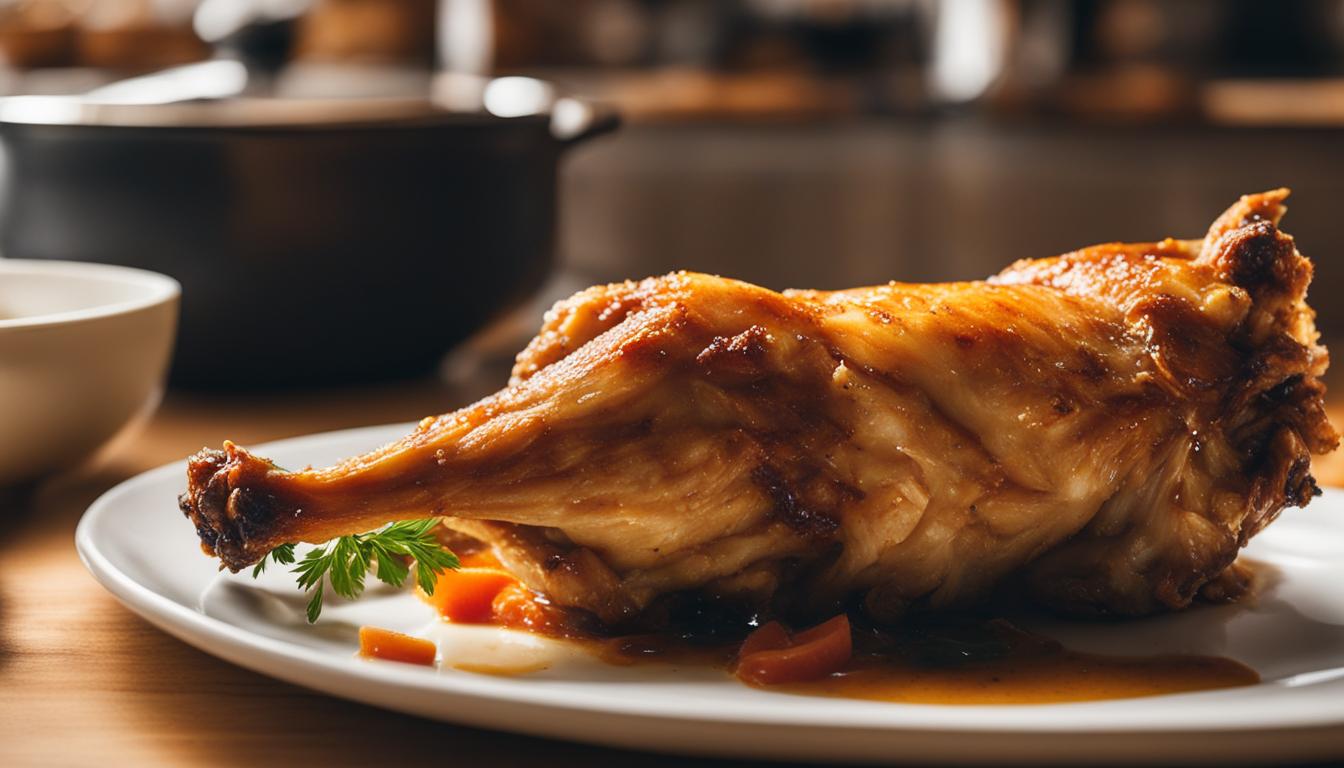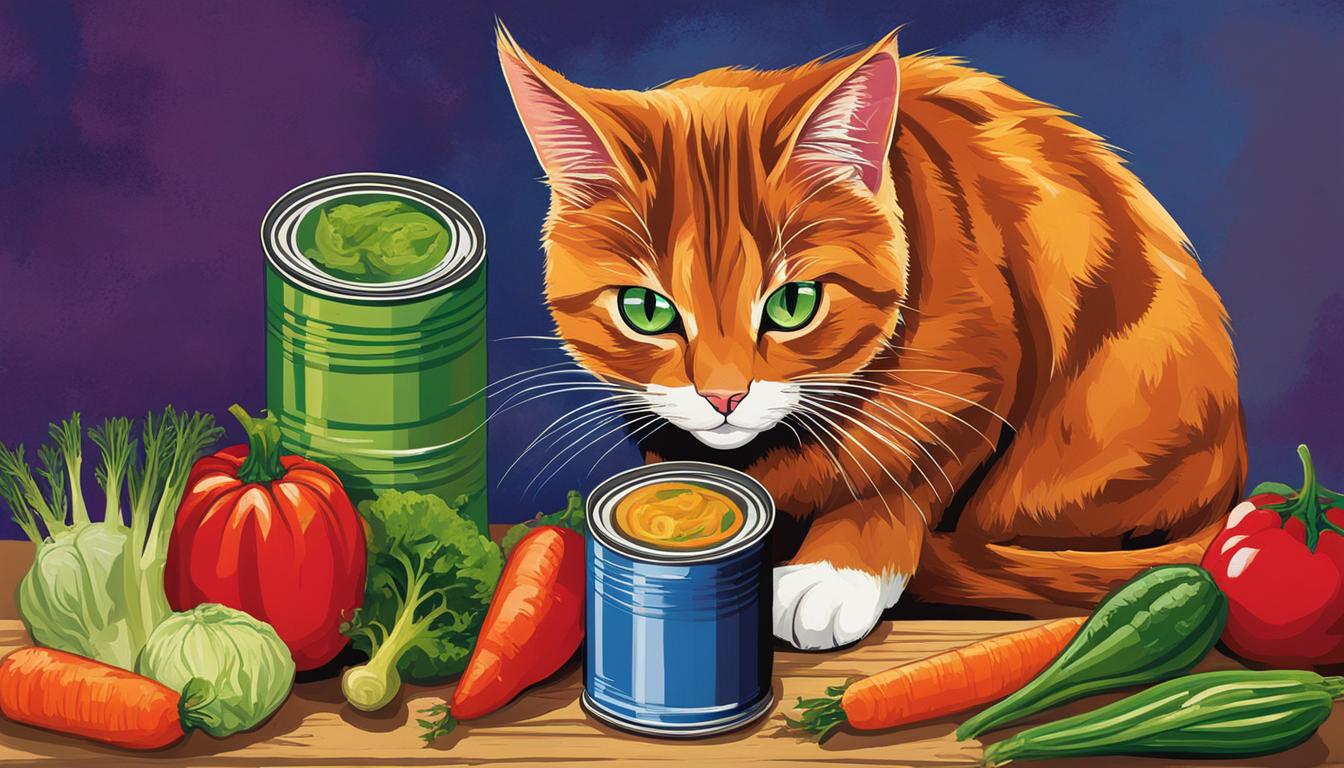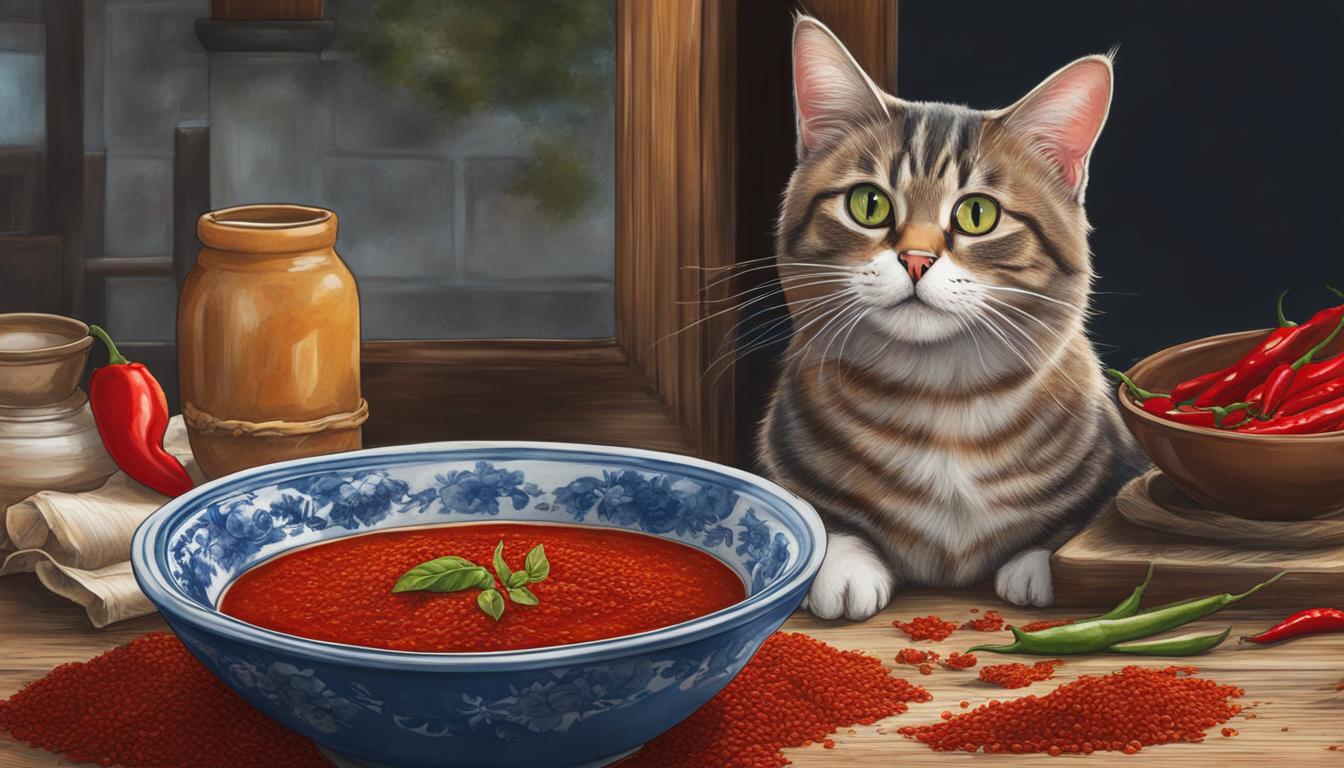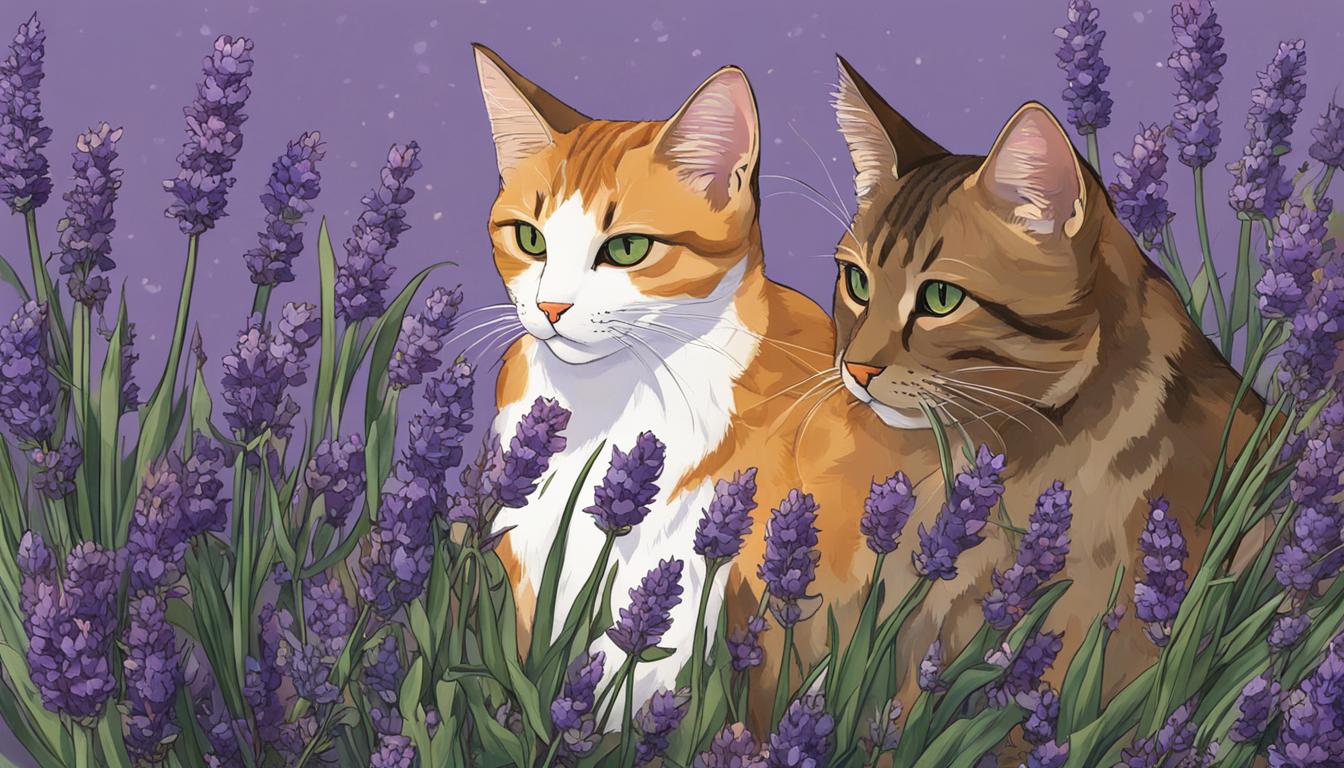As a curious cat parent, I’ve often wondered whether my furry friend can safely enjoy cooked bones, specifically poultry bones. After all, cats are natural carnivores, and bones seem like a natural part of their diet. So, can cats eat cooked bones? Let’s dive into the topic and explore the potential risks and benefits.
- Feeding cats cooked bones, especially chicken bones, can be dangerous due to their tendency to splinter and cause choking or internal injuries.
- Raw chicken bones are a better option, but they still carry risks of infections, choking hazards, and gastrointestinal issues.
- Instead of bones, consider safer alternatives like bone broth or commercially available bone treats designed specifically for cats.
- A balanced cat diet, rich in animal protein and nutrients, is essential for their overall health and well-being.
- Prioritize the safety and health of your cat by exploring alternative options to incorporate bone-like benefits into their diet.
The Risks of Feeding Cooked Bones to Cats
Feeding cats cooked bones may seem like a harmless treat, but it can actually pose serious risks to their health. When bones are cooked, they become soft and brittle, making them more likely to splinter and cause harm to your cat. These splintered bones can cause injuries to the mouth, throat, and digestive system, leading to choking and internal bleeding. It’s essential to understand the dangers associated with feeding cooked bones to your feline friend to ensure their safety.
Furthermore, cooked bones may retain harmful substances from the cooking process. Onions and garlic, commonly used in cooking, are toxic to cats and can be present on leftover bones. Even small amounts of these ingredients can cause severe health issues for cats, including anemia and damage to red blood cells. It’s crucial to be mindful of the potential presence of these toxic substances and avoid feeding cooked bones to your cat altogether.
“Feeding cats cooked bones can lead to various health problems, including injuries, choking hazards, and exposure to toxic substances. It’s best to prioritize their safety and explore alternative, safer options for bone-like treats.”
Instead of risking your cat’s health by feeding them cooked bones, consider safer alternatives that provide similar benefits. Homemade bone broth is a great option as it offers necessary moisture and nutrients without the dangers associated with bone consumption. You can make bone broth by simmering chicken bones in water and then removing them before serving. Additionally, there are commercially available bone treats specifically designed for cats that are safer and easier to digest. These treats can provide dental benefits and essential nutrients without the risk of harm.
Remember, the well-being of your cat should always be the top priority. While they may instinctively be drawn to bones, it’s important to be aware of the potential risks involved. By understanding and avoiding the dangers of feeding cooked bones to cats, you can ensure a safer and healthier diet for your beloved feline companion.
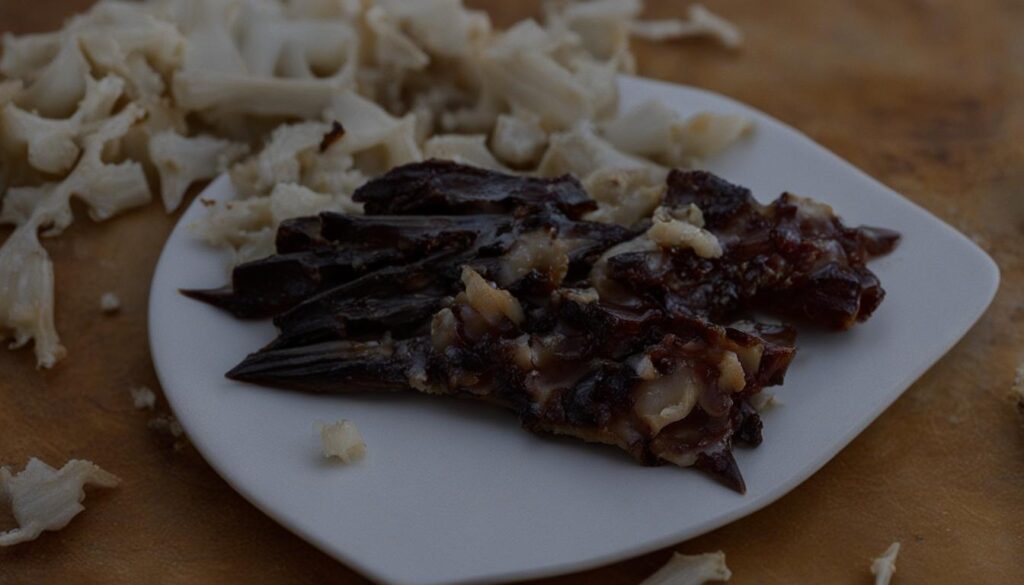
The Potential Benefits and Risks of Raw Chicken Bones
Raw chicken bones have been a topic of debate among cat owners and experts. While they can offer some potential benefits to your cat’s health, it is essential to understand the risks involved. Let’s explore the benefits and risks of feeding raw chicken bones to cats.
The Benefits
Raw chicken bones can help maintain dental health in cats. The chewing action required to consume the bones can help remove plaque and tartar buildup from their teeth and gums. This can contribute to fresher breath and reduced risk of periodontal disease.
In addition to dental benefits, raw chicken bones contain calcium, which is crucial for muscle and nerve function in cats. They also provide collagen, a protein that supports joint and tendon health, helping to keep your feline friend active and agile.
The Risks
Feeding raw chicken bones to cats does come with its fair share of risks. Raw food, including bones, can harbor harmful bacteria such as Salmonella and Campylobacter. These bacteria can cause severe gastrointestinal infections in cats, leading to symptoms like vomiting, diarrhea, and dehydration.
Another risk associated with feeding raw chicken bones is choking. Bones can get lodged in the throat or block the airways, posing a life-threatening emergency. Additionally, some cats may have difficulty digesting certain components of the bone, potentially leading to gastrointestinal issues.
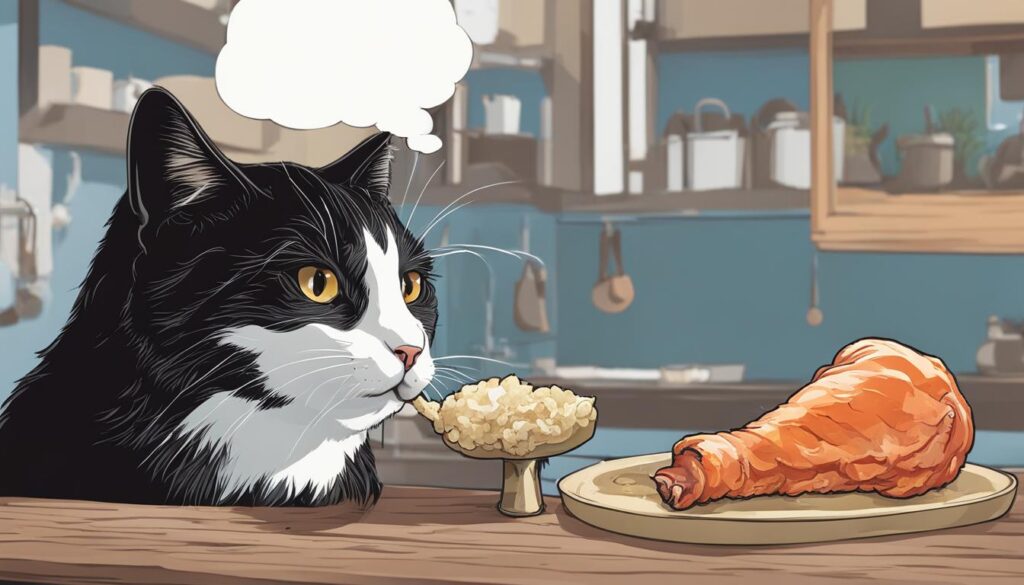
Safer Alternatives to Bone Treats for Cats
Feeding bones to cats can pose significant risks to their health and safety. Fortunately, there are safer alternatives that can provide similar benefits without the potential dangers. Here are some alternative options to consider:
Bone Broth
Bone broth is a nutritious and safe alternative to bone treats for cats. It provides essential nutrients, such as collagen, and offers dental benefits without the risk of splintering bones. Homemade bone broth can be made by simmering chicken bones in water and removing them before serving. This tasty broth can be added to your cat’s meals or served as a standalone treat to provide hydration and promote overall well-being.
Commercially Available Bone-Like Treats
There are commercially available bone treats specifically designed for cats. These treats are made from safe ingredients and are easier to digest compared to real bones. They offer dental benefits and can provide essential nutrients to support your cat’s health. When choosing bone-like treats, ensure they are specifically formulated for cats and meet high-quality standards.
Soft Chew Toys
If your cat enjoys chewing, offering soft chew toys can be a safe alternative to bone treats. Look for toys made of cat-friendly materials that are designed to withstand chewing. These toys can help satisfy your cat’s natural instincts while promoting dental health and providing entertainment.
Cat-Friendly Dental Chews
Cat-friendly dental chews are another safer alternative to bone treats. These chews are specifically formulated to promote dental health by reducing plaque and tartar buildup. They are designed to be easily chewed and digested, ensuring the safety of your cat while still providing the benefits of chewing.
| Alternative | Benefits | Considerations |
|---|---|---|
| Bone Broth | – Provides essential nutrients and collagen – Promotes dental health – Hydrating |
– Homemade broth should be prepared safely and without additional ingredients that may be harmful to cats – Some cats may not enjoy the taste |
| Commercially Available Bone-Like Treats | – Safe and easily digestible – Dental benefits – Convenient |
– Choose high-quality treats specifically formulated for cats – Be mindful of the ingredients and potential allergens |
| Soft Chew Toys | – Promotes dental health – Provides entertainment and satisfies chewing instincts – Safe for cats |
– Select toys made of cat-friendly materials that are durable and free from small parts – Regularly inspect and clean the toys |
| Cat-Friendly Dental Chews | – Reduces plaque and tartar buildup – Promotes dental health – Easily digestible |
– Choose chews specifically made for cats – Be mindful of the ingredients and potential allergens |
The Importance of a Balanced Cat Diet
Proper nutrition is essential for maintaining the health and well-being of our feline friends. Cats are obligate carnivores, which means they require a diet that is rich in animal protein to meet their nutritional needs. A balanced cat diet should consist of high-quality protein sources, essential vitamins and minerals, and sufficient moisture to support optimal health.
When it comes to cat-friendly foods, protein is key. Animal protein provides essential amino acids that are necessary for various bodily functions, including maintaining healthy muscles, supporting the immune system, and promoting proper growth and development. Look for cat food that lists a high-quality source of animal protein, such as chicken, turkey, or fish, as the first ingredient.
In addition to protein, it’s important to provide your cat with the necessary vitamins and minerals they need to thrive. Essential nutrients like vitamin A, vitamin E, taurine, and omega-3 fatty acids play a crucial role in maintaining healthy eyes, a strong immune system, and a shiny coat. These nutrients can be found in quality cat foods formulated to meet the specific nutritional needs of cats.
| Nutrient | Function | Sources |
|---|---|---|
| Protein | Muscle maintenance, immune support | Chicken, turkey, fish |
| Vitamin A | Eye health, immune support | Liver, fish oil |
| Vitamin E | Antioxidant, skin and coat health | Sunflower oil, almonds |
| Taurine | Heart health, vision support | Meat, fish |
| Omega-3 Fatty Acids | Joint health, anti-inflammatory | Fish oil, flaxseed |
Moisture is another important component of a cat’s diet. Cats have a low thirst drive and rely on their food to provide hydration. A diet with sufficient moisture content can help prevent issues like urinary tract problems and dehydration. Wet cat food or adding water to dry food can help ensure your cat gets the moisture they need.
In conclusion, maintaining a balanced diet for your cat is crucial for their overall health and well-being. Providing high-quality animal protein, essential nutrients, and sufficient moisture will help support their growth, immune system, and maintain optimal health. Consult with your veterinarian to determine the best diet for your cat’s specific needs and ensure they live a long and healthy life.
Conclusion
After exploring the safety of cooked bones for cats, it’s clear that feeding them can pose significant risks to their health. Cooked chicken bones, in particular, are dangerous as they can easily splinter and cause choking or internal injuries. It’s vital to prioritize the well-being of your feline friend and avoid giving them cooked bones altogether.
While raw chicken bones offer potential benefits such as dental health and essential nutrients, they also come with their own set of hazards. Bacteria like Salmonella and Campylobacter can be present in raw food, and there’s also the risk of choking or digestive issues. It’s crucial to weigh the potential benefits against the potential risks before introducing raw chicken bones into your cat’s diet.
Instead of bones, there are safer alternatives that can provide similar benefits. Consider incorporating bone broth into your cat’s meals. It offers essential nutrients like collagen and provides hydration without the risks associated with bone consumption. Additionally, there are bone-like treats specifically designed for cats, which are easier to digest and safer overall.
Remember, a balanced diet is key to your cat’s overall health. It should include high-quality animal protein, necessary nutrients, and sufficient moisture. Prioritize the safety and well-being of your furry companion, and explore alternative options that offer the benefits of bones without the potential risks.
FAQ
Can cats safely eat cooked bones?
No, cooked bones are not safe for cats to eat. Cooking makes the bones soft and brittle, increasing the risk of splintering and causing harm to the cat’s mouth, throat, and digestive system. They can also cause internal bleeding if they puncture or tear organs.
Are raw chicken bones safe for cats?
Raw chicken bones carry risks of infections, teeth breaking, choking hazards, and gastrointestinal issues. While they provide potential benefits like dental health and essential nutrients, it is important to be cautious due to the presence of harmful bacteria and the risk of choking.
What are safer alternatives to bone treats for cats?
Safer alternatives to bone treats for cats include bone broth and commercially available bone-like treats specifically designed for cats. Bone broth provides necessary moisture and nutrients without the risks associated with bone consumption.
Why is a balanced diet important for cats?
A balanced diet is crucial for the overall health and well-being of cats. It should be rich in animal protein, necessary vitamins, minerals, and nutrients to maintain optimal health and prevent weight gain, gastrointestinal problems, and other health issues.

